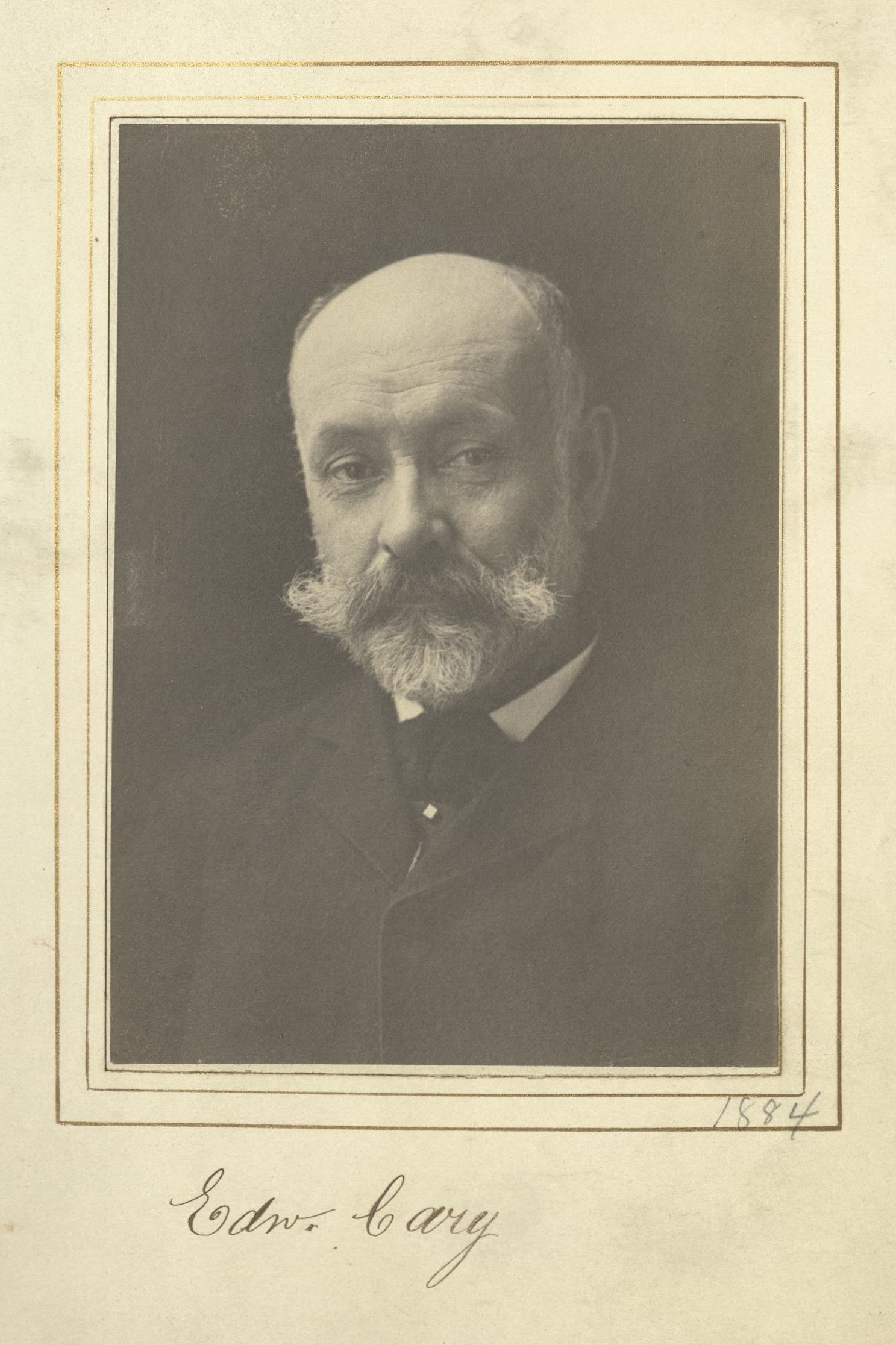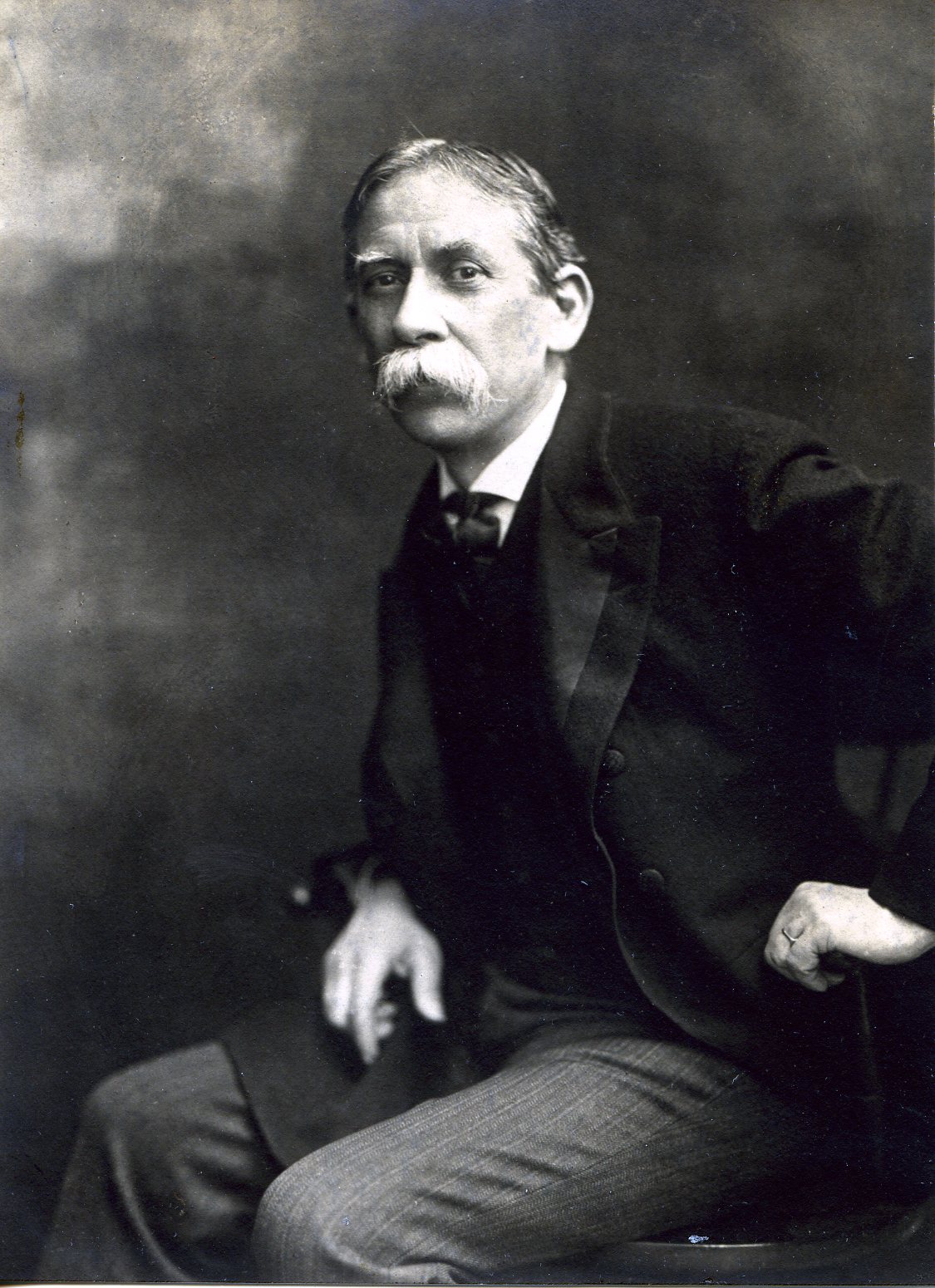Member Directory,
1847 - 1922
William J. Henderson
Journalist
Centurion, 1912–1937
Richard Aldrich and Edward Cary
Newark, New Jersey
New York (Manhattan), New York
Age fifty-six
Brooklyn, New York

Century Memorial
In appearance, mannerism, personality, no one could differ more from [Richard] Aldrich than William James Henderson. In musical knowledge and soundness of judgment, no one could resemble him more closely. If anything, it was in its restrained brilliancy of style that Henderson’s musical column, especially in the Evening Sun at week-ends when he had passed his eightieth year, stood almost by itself. There was a flavor of James Huneker about it, but the intimate knowledge of past musical episodes, imparted in an absorbingly interesting sketch, was altogether original. Henderson, like Aldrich, knew music and the musical past to the uttermost detail. Like Aldrich, he never scolded but, much more than Aldrich, he was capable of the severest criticism when he thought occasion required it. Regarding the experimental composers of our own time, Henderson frankly did not like them; nevertheless, when their experiments were not pushed to the grotesque, he did them even-handed justice. But he reserved the privilege of writing about them or about musical performers with trenchant irony, sometimes with intentional cruelty—as when he described the much-advertised Marion Talley as “a Chamber of Commerce soprano with a phonograph voice,” and remarked of the singer of the title-rôle in “Iphigenie” that “she seemed a fit subject for the sacrifice.”
Henderson always asserted vigorously that “his job” was “to cover news, not to sit back and write anything that comes into my head.” The contention was evidently directed against music-critics who made their reviews a vehicle for personal hobbies or who, in Talcott Williams’s words, insisted on telling their readers “what a presentation is not, instead of what it is.” But his musical-news-reporter theory scarcely fitted his own charming week-end page. Perhaps that was because “anything that came into his head” was admirably to the point and well worth hearing. But possibly Henderson’s insistence that the news came first arose from another of his claims to newspaper distinction. For an accomplished critic to have won laurels also as yachting expert was most unusual. But Henderson handled the one subject with as thorough knowledge as the other. In conversation, he expressed more pride for his “covering” of the Johnstown flood in 1889 than for his musical distinction. “Billy Henderson,” as his friends always affectionately called him, was well known personally to the Century. Once more like Aldrich, he had served on the Board of Management and was a frequent afternoon visitor at the Club-house, where those who talked with him will not soon forget the shrewd comment and reminiscence of their old fellow-member with the erect figure, the lean face and the quizzical smile.
Alexander Dana Noyes
1938 Century Association Yearbook



